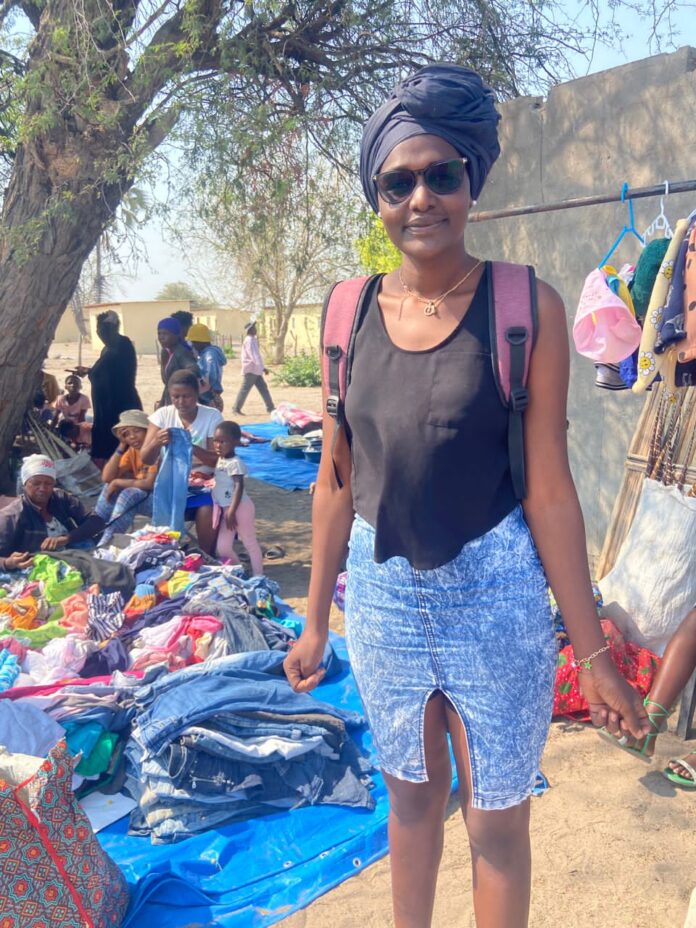11th September 2024
Sello Motseta
The Okavango Delta in northern Botswana contains the largest collection of fishery in Botswana. It is not only a travellers mecca but boasts opportunities for economic diversity for indigenous communities that lie virtually untouched despite persisting government efforts to bolster economic activity.
Modern fishing gear introduced in the early 1980’s through various government grants such as Financial Assistance Policy (FAP) has facilitated the emergence of limited commercial fishery, especially in villages such as Shakawe, which is situated in the panhandle of the Okavango Delta.
Traditional fishing gear remains the cornerstone of fishers in villages surrounding the area with villagers apparently content with hook and line fisherman, basket fisherman, gill net fisherman, spear fisherman and trap fisherman. Various subsidy schemes have not produced obvious results.
Boating, fishing, photography, Mokoro rides, tour drives, birding and research activity are however now being slowly being replaced by more rewarding commercial retail opportunities.
Kegomoditswe Sehenyi, said “When there are lots of people around it is easier to sell. I often have to send someone money in Gaborone and they buy stock.”
She said, “I courier clothes by Sprint Couriers to the village. Stock lasts about two weeks when I am busy.” She lamented that there are no jobs available in the village.
There are lots of elephants in the village and they are very destructive. Often arriving under the cover of night they wreck complete havoc on the farming land and produce of village communities.
“If you do not have a gun, there is nothing you can do,” she said.
Sehenyi revealed that villagers in Etsha 13, a small village bordering the Okavango river can only rely on wildlife officials to deal with them
The country’s social safety nets are a very basic source of sustenance for most rural communities in these villages. Schools, hospitals and infrastructure are resources shared with neighbouring villages, which are few and far – putting a further strain on the limited resources of residents.
Botswana launched a Public Works Programme (PWP) – commonly known as Ipelegeng (IP) in 2008 as one of a myriad of initiatives meant to reduce poverty for sustainable development in marginalized contexts. IP has created temporary employment across the country for marginalized communities.
According to official sources a total of 56,274 people were working on the programme in May 2013 with 71% of beneficiaries were women. This translated into 32% in urban areas with the rest in rural areas.
The more enterprising members of the rural community are trying their luck at informal trading.
Broadwell Mutsengiwa, said “I buy products from Chinese shops in Gaborone because they are cheap and sell them at the end of the month at the flea market. We decided to pick this spot because it is opposite government council offices and when pensioners and Ipelegeng workers have received their payments they can buy from us.
He said, “There are no shops for clothes in the village.”
Shakawe village has a population of 6693 people and is very sparodically populated with limited economic opportunities. A situation compounded by the inaccessibility of the village from major towns and urban centres. The road leading to village is untarred and unaccommodating.
Katenya Pithatho, Ngamiland Basketweavers Trust, said “We were unemployed and we got together because we had skills that were unique and we had a business idea.”
Today this co-operative is a model initiative with 50 women supplying baskets woven from grass along the river banks. It was registered in 2006 and owed its humble origins to an office rented from the village development committee in 2011. Today they have a store room and shop.
They have also bought a land cruiser and engaged by tourists and government to supply traditional cultural artefacts.
“When we started this project we lived in grass houses but now we have built strong brick houses,” said Pithatho. They have also launched a website and facebook page to market themselves
The Ministry of Enterpreneurship has issued an order recently for P25,000 for 100 bags. A basket with a zebra head woven into it typically costs P600. Despite their success stories of economic hardship are commonplace. They continue to dominate a landscape with ‘hustlers’ enjoying limited success.
A dejected Gaoduelwe Motlhaedi, said “There are no jobs. We all work for Government or in Ipelegeng. He complains that the only jobs available are for security, kgotla, Village Development Committee, Councils, Schools and Tourist Lodges
There is also no water and street lights along the inroads leading to individual homesteads in the village. Graduating from Junior Secondary School he has found life exceptionally hard and depends on government handouts minuscule as they are.
“I suffer from epilepsy and so it is difficulty to hire me,” said Motlhaedi.
Now 31 years old he has no immediate sources of sustainable employment.









